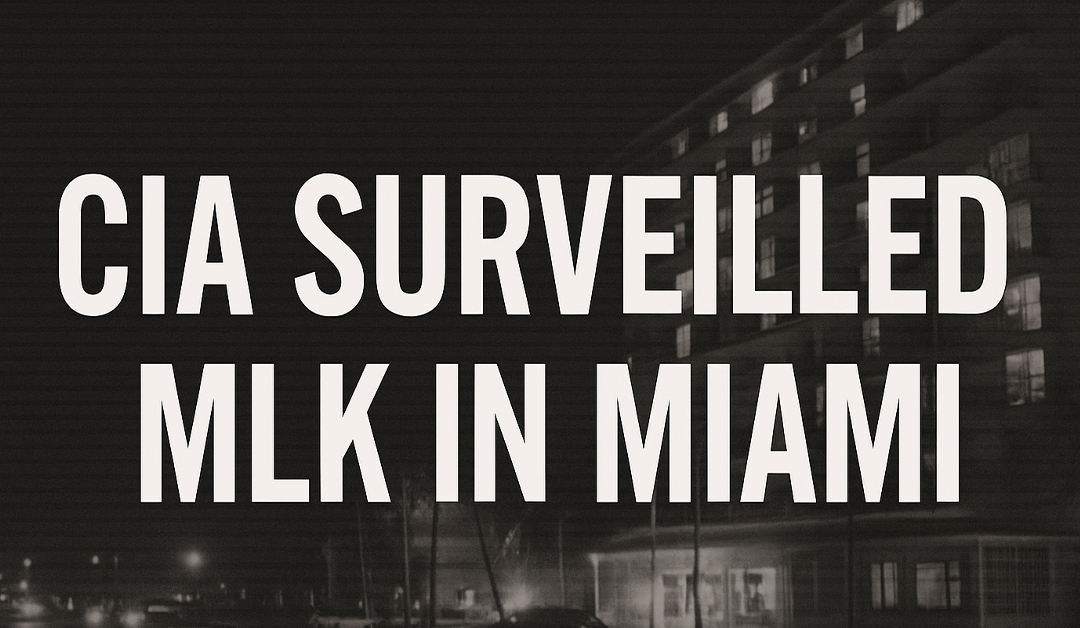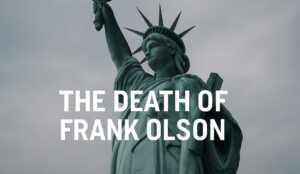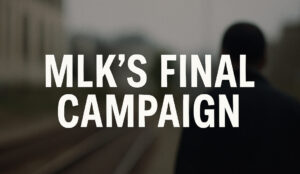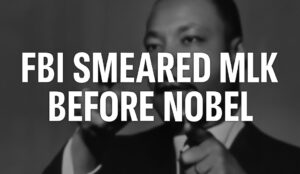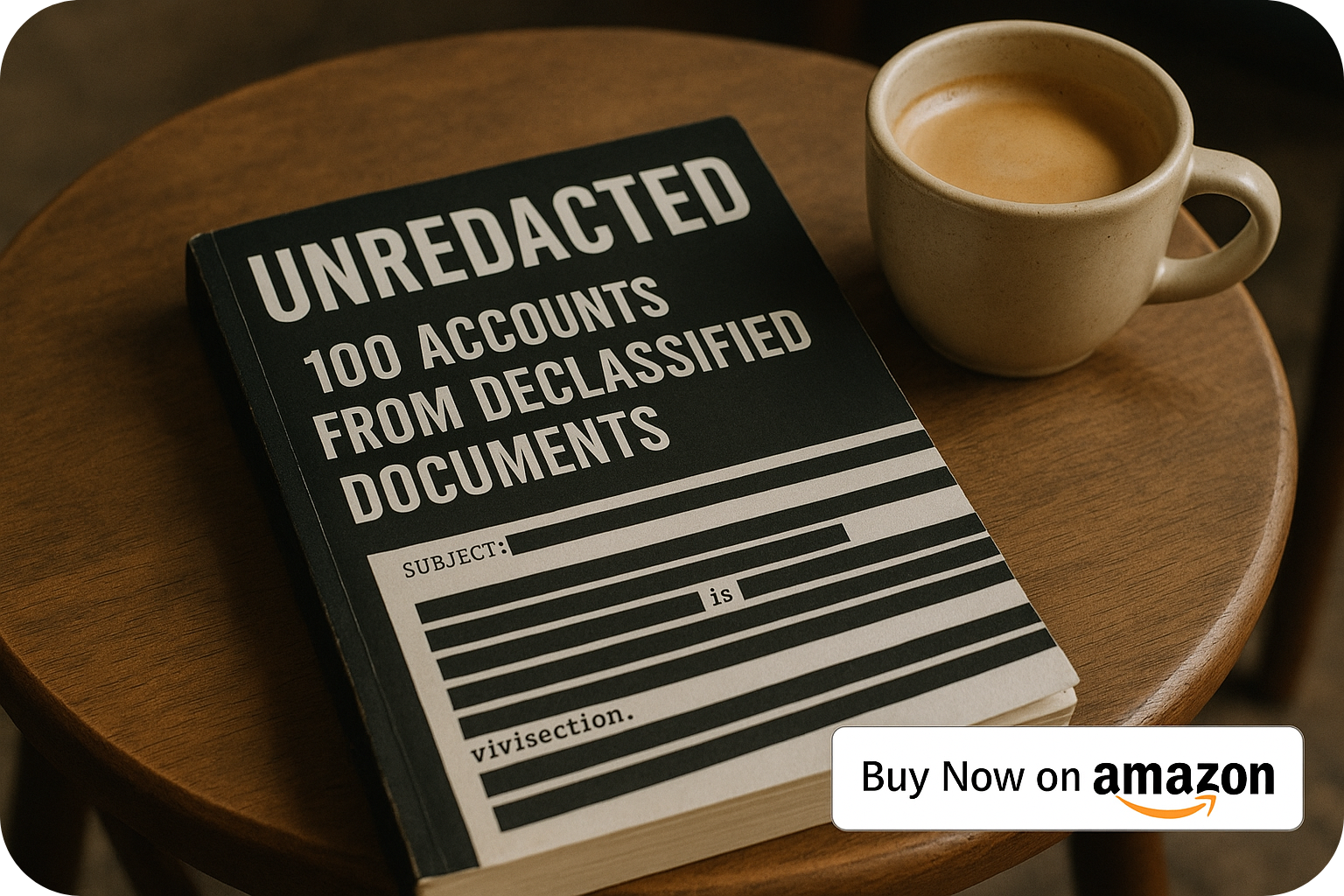A classified CIA memo from July 1966, now declassified, reveals that Dr. Martin Luther King Jr. was spied on during a stay in Miami. The operation included physical surveillance, room monitoring, and even trash retrieval from King’s suite.
The surveillance report-filed under the identifier UFGT-16828-shows the extent of intelligence efforts directed at civil rights leaders.
This wasn’t just tracking public appearances. It was eavesdropping from the next room.
"A cleared CIA source and local authorities set up a post in Room 618, directly adjacent to King’s Room 620."
📍 The Surveillance Operation
On May 19, 1966:
- The CIA and local law enforcement set up in a neighboring room.
- They monitored conversations between King, his aide, and an unknown guest.
- Topics ranged from personal discussions to organizational plans.
The surveillance team noted the time of departure and quickly entered Room 620 after King checked out.
Inside, they recovered:
- A crumpled hotel bill with a full list of King’s phone calls
- Torn notes from a trash bin
- A slip of paper referencing an individual tied to the Communist Party
The report emphasizes that although this name caught attention, it lacked immediate significance.
🗃️ Unlawful Scrutiny with No Justification
This surveillance was not based on any immediate criminal evidence.
Rather, it reflects ongoing intelligence targeting of King’s associations and private life under the pretense of national security concerns.
"No attempt was made to reconstruct the content of the calls.
The name on the note was recognized, but its relevance was unclear."
The CIA’s interest in King was well-documented by this point, but this document reveals just how far the agency was willing to go-monitoring hotel rooms, collecting trash, and keeping tabs on civil rights strategy meetings.
🔍 A Pattern of Political Surveillance
This isn’t an isolated incident. The memo fits into a broader trend of federal agencies-particularly the FBI and CIA-treating domestic dissent as a subversive threat.
Rather than protecting national interests, they often targeted activists, political organizers, and civil rights leaders.
In this case, the result was a chilling reminder: even in his hotel room, Martin Luther King Jr. was never truly alone.

